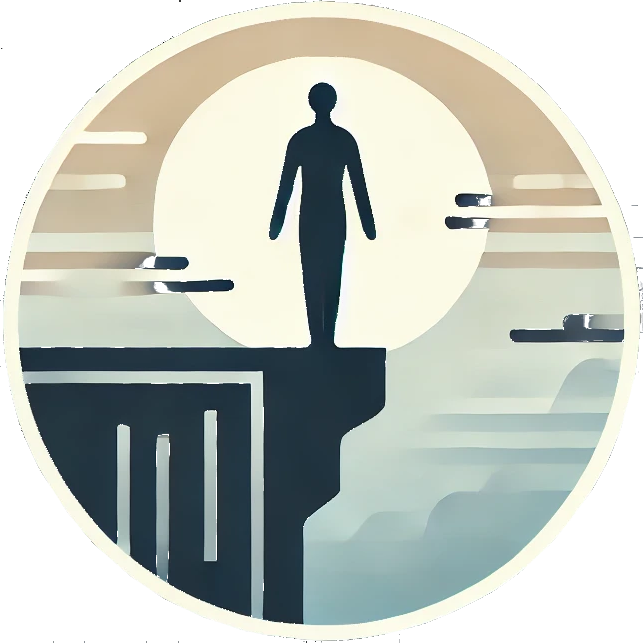Most people live their entire lives believing they know who they are.
You inherit a name, a language, a culture, and a story.
You grow up learning how to play your role.
You chase goals that were handed to you.
You follow routines and carry beliefs that you never paused to examine.
And because life feels full, you assume it must be you who is full.
But beneath all of that — beneath the personality, the preferences, and the presentation — there is someone else.
There is a version of you that remembers something older.
A knowing that doesn’t come from books.
A familiarity with truth that cannot be explained, only felt.
You weren’t created at birth.
You were placed.
There was a time before this time, and you were already aware then.
And the one who sent you here didn’t do so by accident.
You were entrusted with life.
You were tasked with care.
You were placed in a world not just to survive it, but to witness it.
To marvel at the design, and to live in such a way that the unseen becomes more visible through your being.
But that part of you — the one who remembers, the one who witnesses — cannot be reached through noise.
It doesn’t shout.
It waits.
And so most people miss it.
They live and die in the echo chamber of their surface self, never pausing long enough to ask:
Who am I beneath all this?
And why was I sent here at all?
It is only through quiet contemplation, through inner work, through sincerity without performance, that you begin to hear the answers.
They don’t come all at once.
But slowly, as you reflect, certain parts of you begin to wake up.
You might notice your reactions changing.
You might feel the pull to serve rather than be seen.
You might feel less excited by distraction, and more drawn to depth.
You might begin to recognize yourself in your own silence — and wonder how long you’ve been waiting to be found.
And sometimes, there are surprises.
You discover compassion where there used to be judgment.
You remember things you didn’t know you knew.
You feel awe again, not because something new happened, but because your heart was finally clear enough to notice.
This path is not a performance.
You won’t get applause.
There are no badges or promotions.
But there is clarity.
There is peace.
There is the quiet joy of living in alignment with what is real.
And there is the reunion.
With the one you’ve always been.
The one who was sent here for a purpose.
The one who remembers the Source, even if the mind forgot.
So the question is simple.
How long will you wait?
Not to change your life, but to meet the one living it.
Not to impress others, but to recognize the one watching from within.
Not to chase something new, but to return to what has always been waiting.
How long will you wait to meet yourself?
